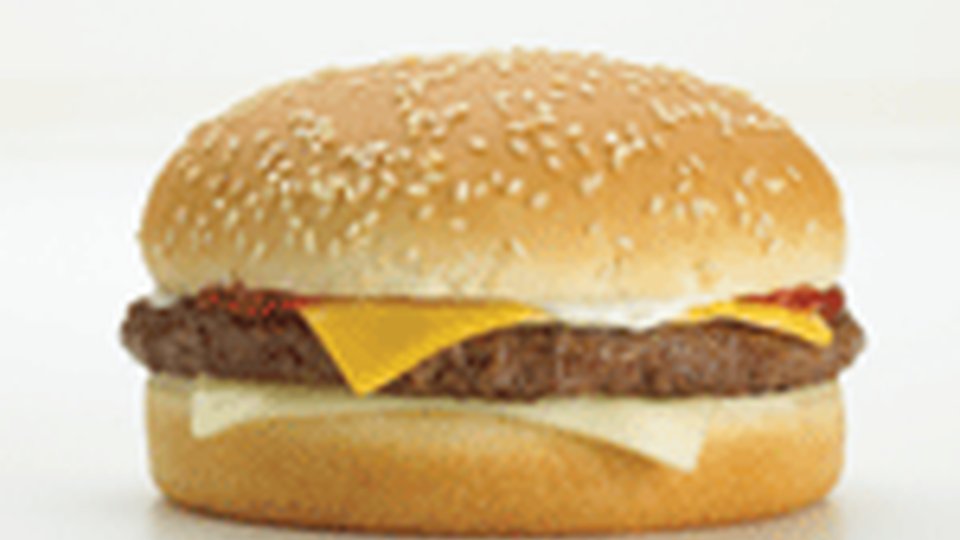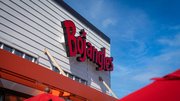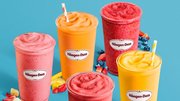Article
QSRs' safety standards for meat stricter than schools'
Many chains have developed policies that go beyond the minimum recommendations for foodservice.

December 10, 2009
Quick-service chains have received their share of criticism for featuring fare that contributes to the obesity epidemic, especially in children. While fried foods may dominate the menu, an investigation by USA TODAY has found that most QSRs offer children higher quality beef and chicken than that served in the nation's schools.
Although the U.S. Department of Agriculture instituted requirements in 2000 for the agency to adopt the highest standards for meat served in schools, those standards have not kept up with QSRs increasingly stringent ones.
For example, Jack in the Box is known for its exceedingly high food safety standards, implemented after a 1993 e coli outbreak at the chain that sickened hundreds of people and killed four children. In 1993, the company introduced a Hazard Analysis Critical Control Points (HACCP)-based system for the management of food safety at all Jack in the Box restaurants. According to the company's Corporate Responsibility Report, the science-based food-safety management system was the first of its kind in the QSR industry and incorporates all phases of food handling and preparation to ensure food safety.
From Jack in the Box Corporate Responsibility Report:
Our food-safety systems extend to our ingredient suppliers and distributors as well. Each must maintain a HACCP-based food-safety program to ensure the safety of ingredients supplied to us. We verify their performance through on-site audits conducted by our quality assurance staff or independent third-party auditors certified in the areas of food safety. Microbiological performance and product compliance to specification are constantly monitored.The quality assurance lab at Jack in the Box regularly samples ingredients from our suppliers, distributors and restaurants to verify compliance to product specifications, including microbiological, chemical, physical, organoleptic and visual analysis. These evaluations continually measure our food-safety systems performance and ensure the safety of our ingredients.
The chain's food-safety systems extend to its restaurants, where proper food preparation and handling procedures are verified every shift. "By managing our products' critical control points, we can identify and eliminate any opportunity for risk to our guests," the company said. "Throughout each work shift, management personnel verify that all workstations meet cleanliness standards and that established product-safety procedures are being followed. These checks verify critical items such as correct temperatures, proper use of food preparation tools, cross-contamination prevention, and continual practice of proper employee health and hygiene."
Other chains, from KFC to McDonald's, have instituted strict food safety standards. According to McDonald's 2008 Corporate Responsibility Report, the company has worked with its suppliers as well as foodservice groups and other end users "to implement a standardized pathogen testing process that is both reliable and meaningful. As protocols are developed and implemented, guidance from appropriate U.S. regulatory bodies will be sought to enhance the process application."
From USA TODAY:
Jack in the Box, McDonald's, Burger King and other more selective buyers sample the ground beef on their production lines every 15 minutes (five to 10 times more often than the USDA tests beef made for schools during a typical production day). Some, such as Jack in the Box, combine those samples to create a composite sample for testing every hour during the production run. Others, such as McDonald's and Burger King, combine those samples to create a composite sample for testing every two hours.That means Jack in the Box would test at least 10 composite samples during a typical 10-hour production run, which could yield 100,000 pounds or more of ground beef. The (Agricultural Marketing Service) would test just one sample for the entire 100,000-pound run. ...Food safety officials from fast-food chains and other big beef buyers share ideas and information about their programs, says Dane Bernard, vice president for food safety at Keystone Foods, a ground beef supplier to McDonald's. "Our testing programs are constantly evolving. We watch the science closely."
 ChatGPT
ChatGPT Grok
Grok Perplexity
Perplexity Claude
Claude








